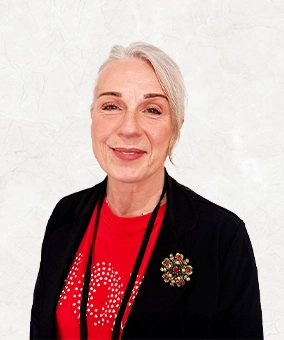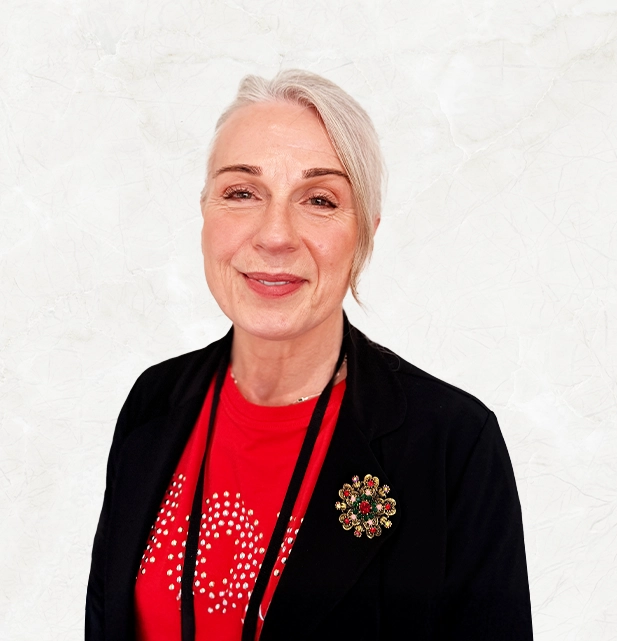Top 5 Things You Need To Do Prior To A Loved One Going Into Care
For those who have the time to plan for this new chapter, some very simple steps can make the decision-making process much less stressful.
.webp)
Each and every week, we meet with families who are tackling the daunting process of moving loved ones into care. Often, they’re entering this whole new world suddenly, with very little preparation due to an unexpected and often difficult change in circumstances. For those who do have the time to plan for this new chapter, some very simple steps can make the decision-making process much less stressful.
Here are our 5 top things to do prior to a loved one going into care:
1. Seek advice on affordability
Cost is often very high on the list of concerns and questions from our clients. It’s a complex area, which depends on a number of elements including the style of accommodation required or desired. All aged care homes ask residents to pay a daily fee, there’s a maximum limit on that fee set by the Federal Government. The daily fee maximum is 85% of the basic Age Pension. Further to this depending on your assets and income you may be looking at paying an Accommodation Payment. Once again, the cost of this depends on the accommodation type. I know it seems never ending but there can also be Means-Tested Fees, this is based naturally on your assets and income as the name suggests, but again is capped.
2. Seek guidance from a placement consultant
As you can see from above, there is plenty to navigate when it comes to working out the balance between style or standard of care desired, and what is possible financially. That’s where a Placement Consultant comes in handy, very handy. Their job is to help find the best care to suit your needs and take care of the paperwork as well. They have relationships with aged care homes, they have the inside running on vacancies, they even go on tours to check out the latest and greatest facilities and will play matchmaker by finding the right accommodation for your loved one.
3. Understand the current assets, make sure you know the current balances
It can be as simple as a one-page handwritten list, or a detailed dossier, so long as it’s recorded accurately, it will make conversations around accommodation options much easier for not only loved ones but also advisors. So much money talk, and we know many people really aren’t comfortable with chatting about dollars and cents. It’s one of the reasons why we are so passionate about spending time with our clients, meeting their family and getting to know them. It makes those money conversations so much easier in a trusted, comfortable environment.
4. Make sure Centrelink is up to date
No one likes to spend hours in a Centrelink phone queue, but one of the best things you can have sorted for yourself and loved ones is to have your Government info up to date. If you’re tech savvy spend 5 minutes online on the Services Australia Aged Care website or have trusted relatives assist you with using online tools. Or settle back with a cuppa, enjoy the hold music and perhaps finish today’s crossword in the paper while you wait on the phone. The alternative if you don’t want to deal with Centrelink is to engage a specialist that offers a service to manage all the Centrelink interactions.
5. Attempt to get an updated ACAT assessment
Let’s break this one down a little. An ACAT assessment is an Aged Care Assessment that is conducted by an Aged Care Assessment Team. They’re required for anyone who needs to be approved for a Government-funded aged care service such as a nursing home, home care or respite care. The assessment is aimed at working out the type and level of care needed for your loved one.
Once an ACAT has been conducted it doesn’t expire and can be quite difficult to get updated. This means we’ve seen services evaluate clients based on ACATs that may have been conducted years earlier. This is really a report card of sorts and be prepared for any anti-social behaviours or less than desirable traits to be included. Sadly, these may make your loved one less attractive to any prospective facility or service and your application won’t even pass Go.
Even if these behaviours haven’t been noted in some time or have been successfully treated, it’s irrelevant without an updated ACAT.
Generally, as the years pass, care needs grow, so an out-of-date ACAT may recommend a level of care which is far too low for your loved one. Also, the lower the care needs, the lower the government funding to the facility and the less financially attractive a client becomes. Brutal I know, but it’s the reality.
So that’s all been pretty negative. Here is what you can do about it for a better ACAT outcome. It’s simply a case of making sure your loved one is portrayed in the best possible light, as you would with a resume, or a job application to give them the best chance at admission to a facility. our experience has taught us there really is no such thing as a ‘wait list’, the length of time spent on a list is not the main driver when it comes to considering an application. The more government funding brought in by a pleasant easy-going client, the more likely they are to be accepted.
If an updated ACAT isn’t a possibility at the very least make sure you’ve compiled a current medical history with clinicians as well as a detailed care plan.
It’s a lot of work, and I’ve seen families time and again attempt to work through all of the above at the last minute to desperately find care for a loved one after a massive upheaval in their lives. Families and their loved ones can take many of these steps slowly and gradually at any time in the lead up to the transition to aged care.
For more information or advice please contact Oxa Care.
Related articles
.webp)
The Fear of Entering Residential Aged Care
.webp)
5 Tips for Choosing a Residential Aged Care Facility For Your Loved One
.webp)



